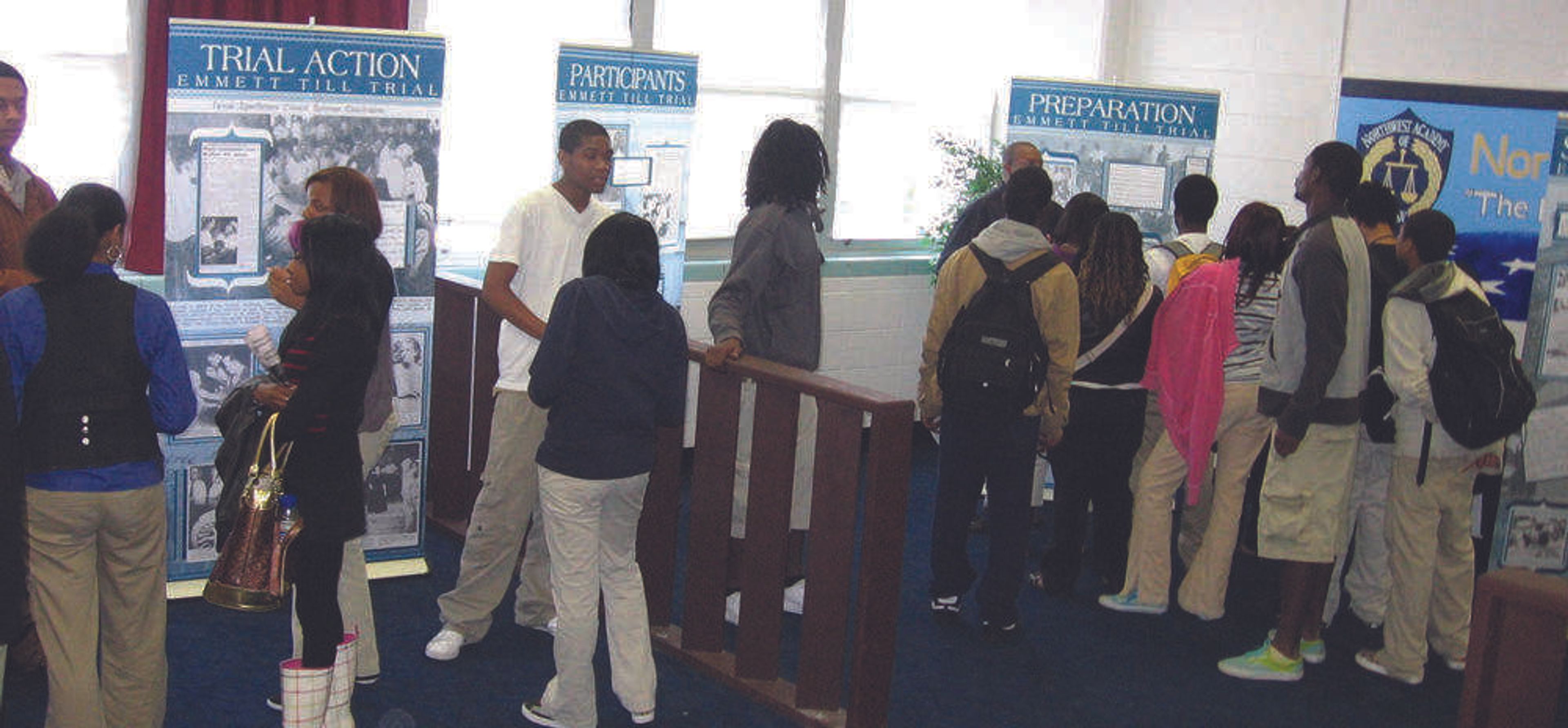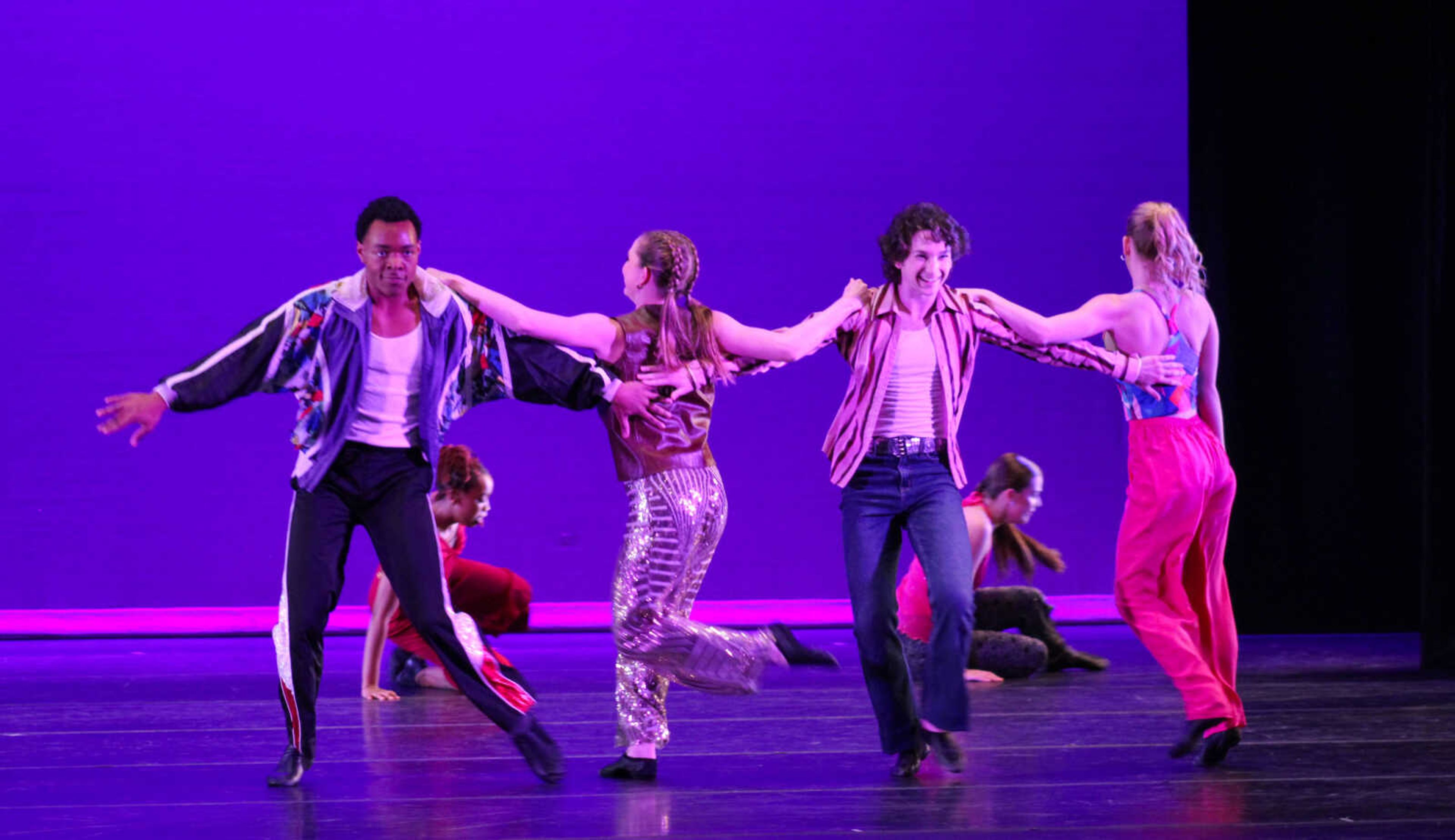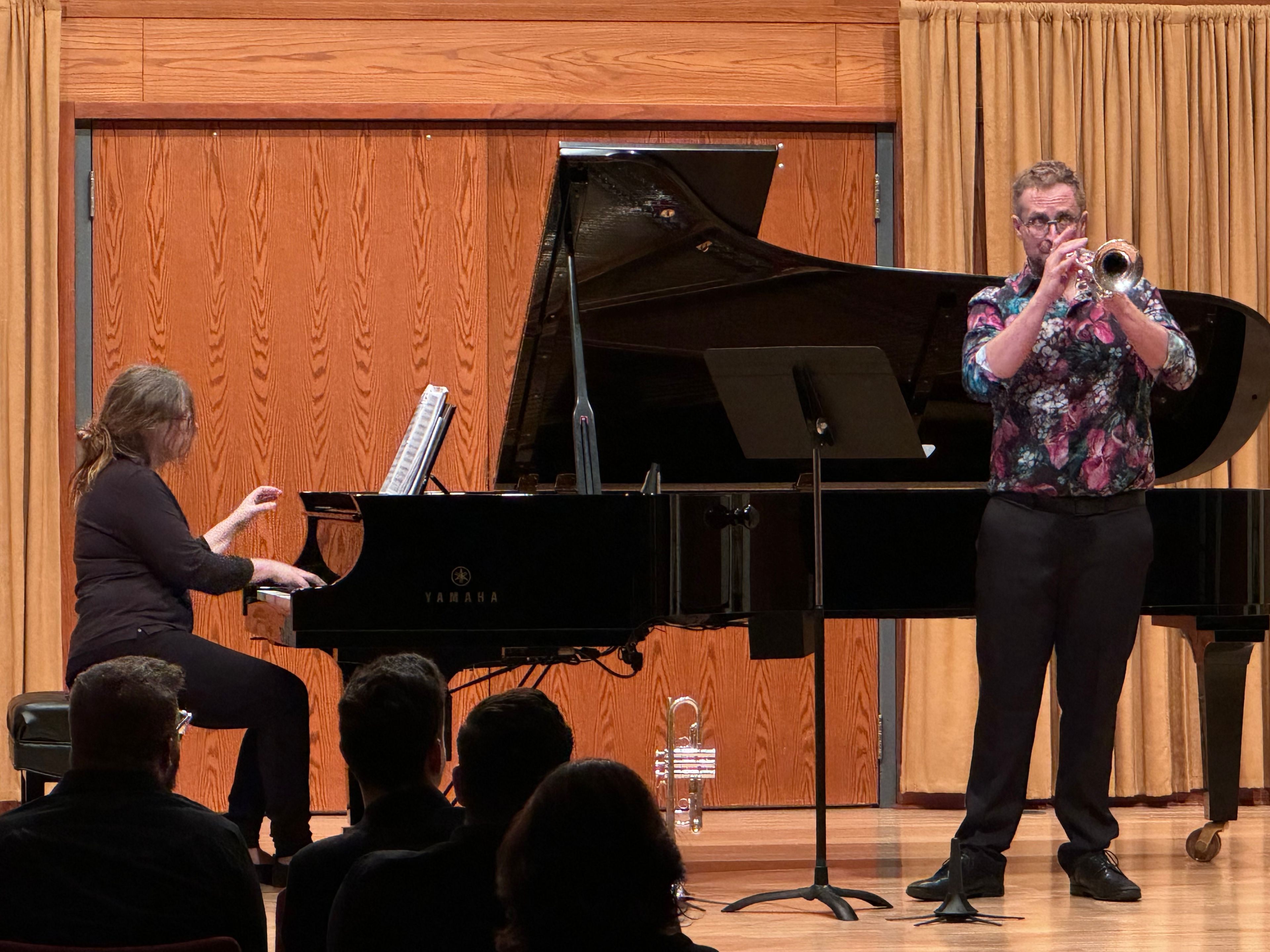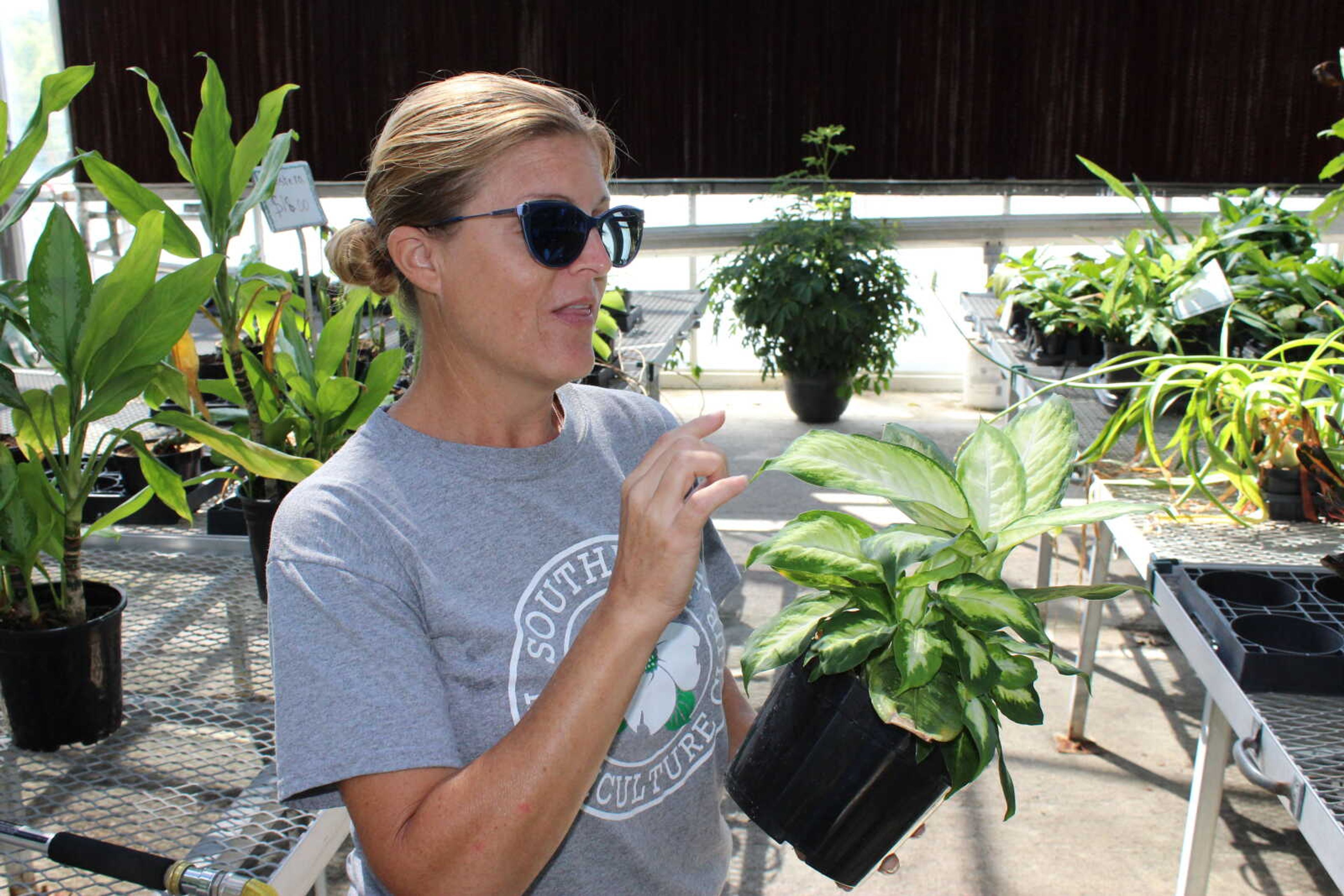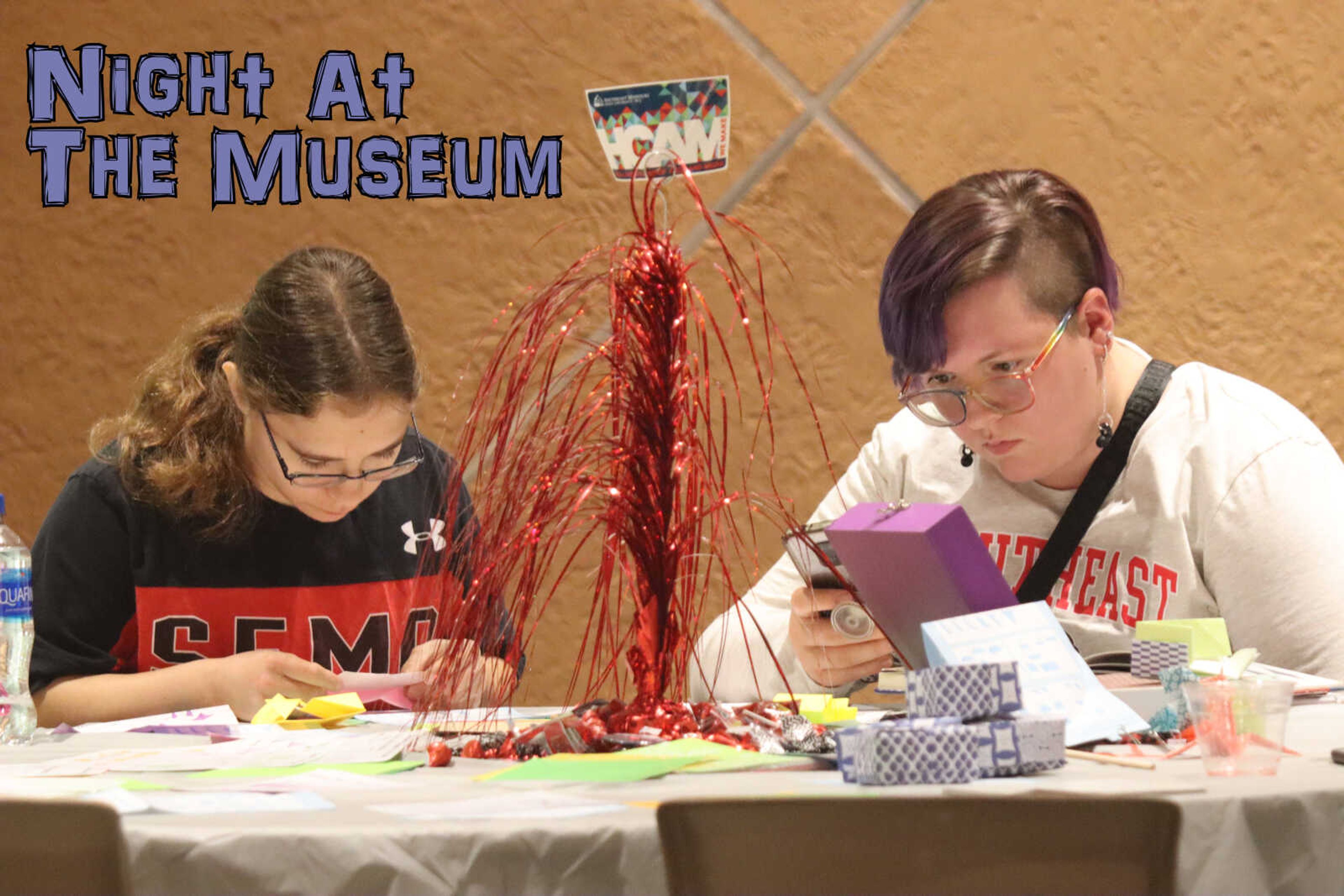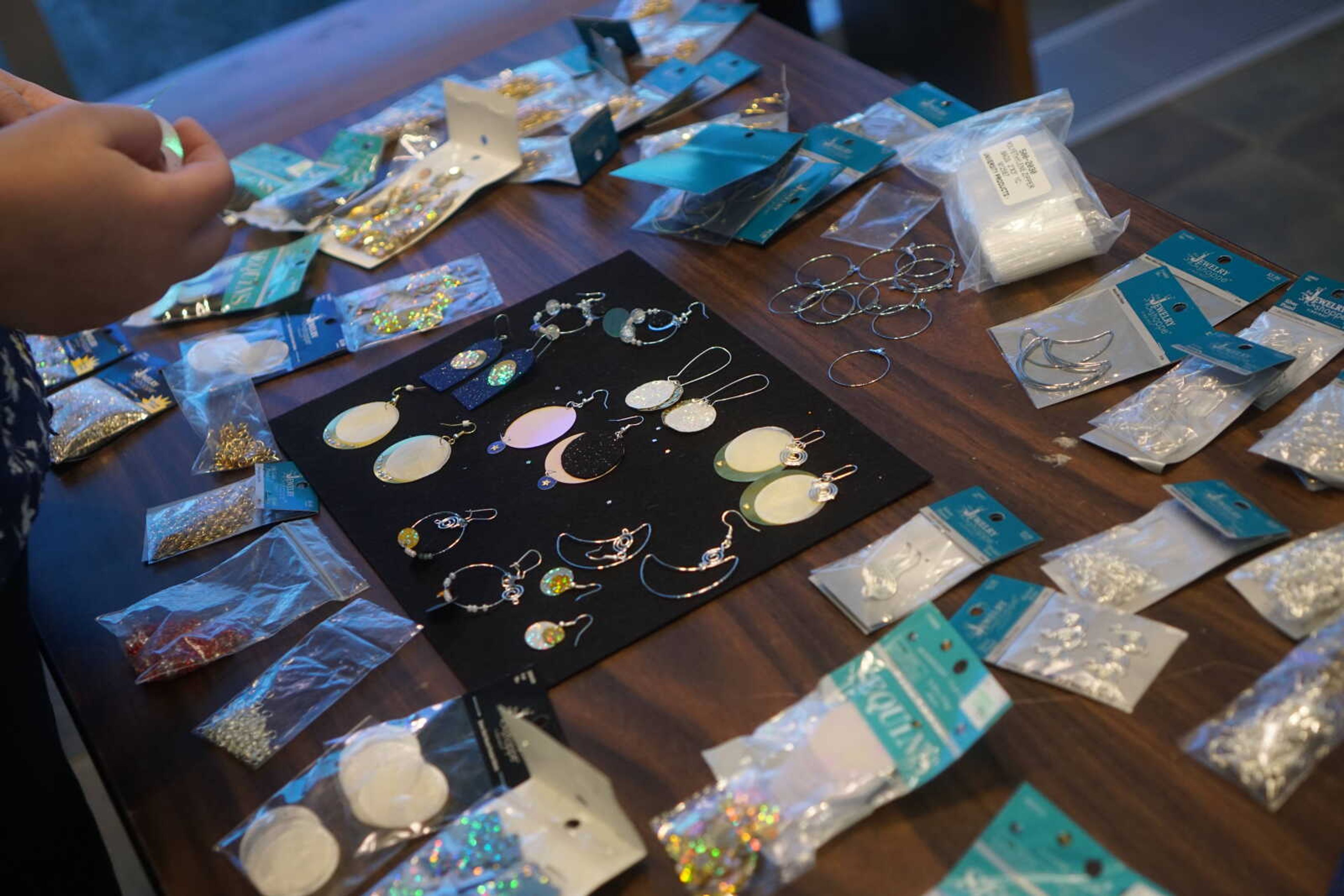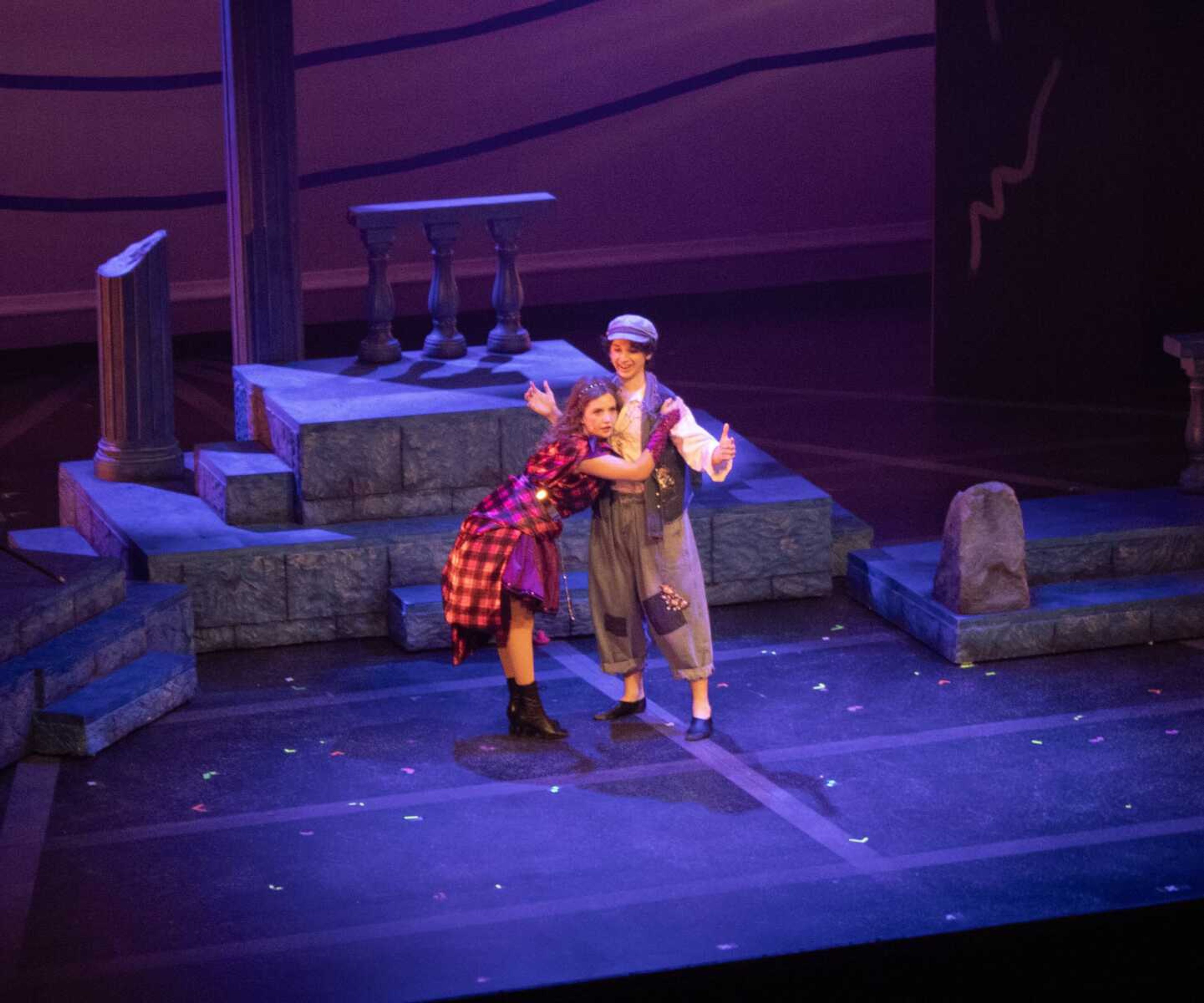In September 1955, while making his way to the south side of Chicago, Henry Outlaw felt the tension in a city that was holding one of the most important events that would help inspire the Civil Rights Movement: the funeral of 14-year-old African American Emmett Till.
"At the time I didn't know who Emmett Till was, I didn't know anything about the case," Outlaw said. "It just sort of happened to be a serendipitous experience, I just happened to be in Chicago when they were having it."
Outlaw, a retired professor from Delta State University, will speak at Southeast Missouri State University about the Till trial and murder.
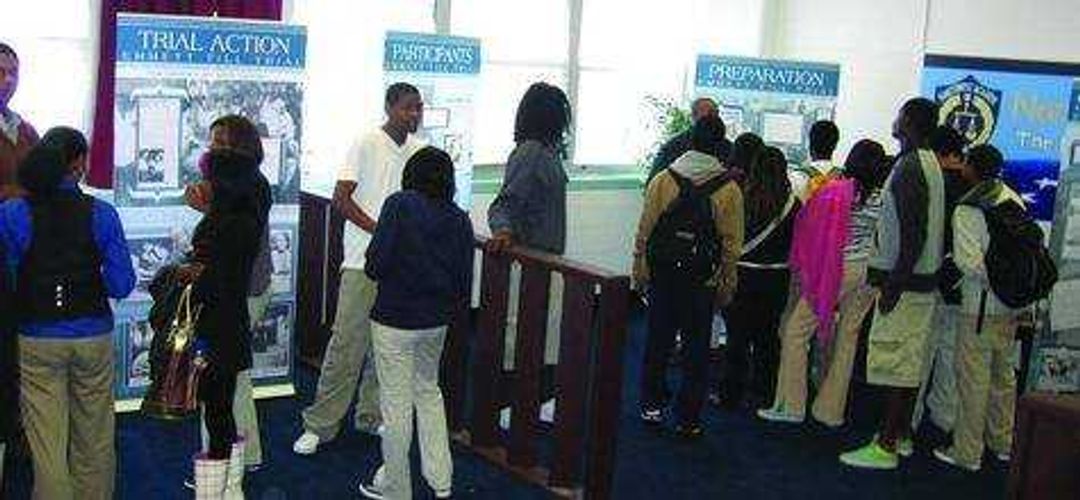
Till was murdered in 1955 while visiting his uncle in Mississippi. During a visit to the grocery store, several white men thought that Till was flirting with a white woman who worked there. He was kidnapped from his uncle's home in the middle of the night, beaten and shot. His eye was gouged out, and he was thrown in a local river by the white men. His body was then transported back to his hometown of Chicago for the funeral.
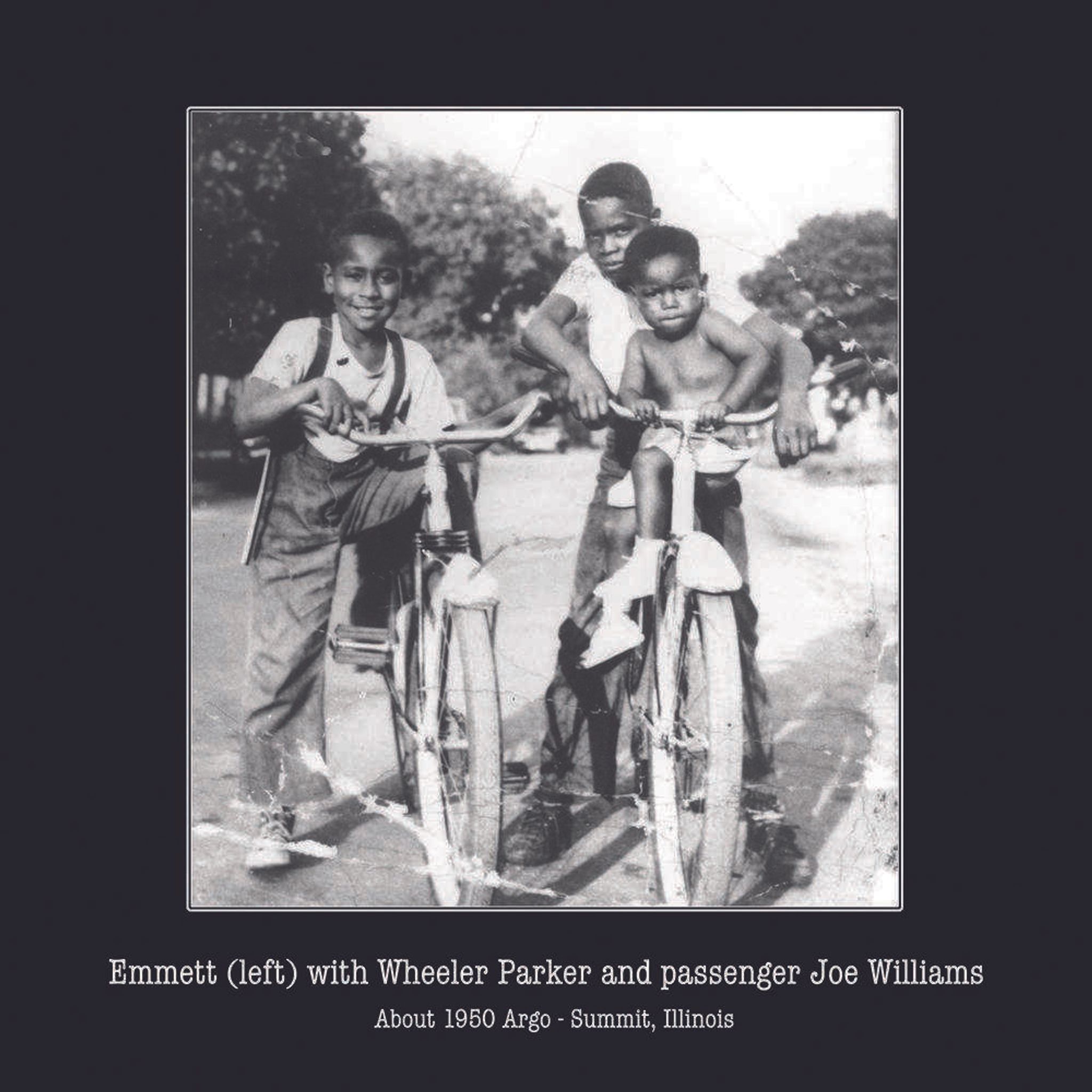
Outlaw left Chicago and eventually forgot about what he had seen. It wasn't until his retirement from teaching in 2002 that he became interested in the case. Outlaw received a grant from the Mississippi Humanities Council, and it was then that he began interviewing various people involved in the trial.
During the course of the project, Outlaw interviewed the sons of the prosecuting attorney, Robert Smith. Outlaw discussed their experiences with the trial and specific incidences they remembered.
The interviews were also the start of the exhibition. Outlaw interviewed the district attorney's son, Gerald Chatham, who supplied Outlaw with several artifacts relating to the case.
"I got ready to leave and he said, 'I got something I want to show you,'" Outlaw said. "He went back to the closet and pulled out a big cardboard box, and in that box were 300 letters that his father had gotten during the course of the trial. A lot of it was hate mail, some of it was in favor."
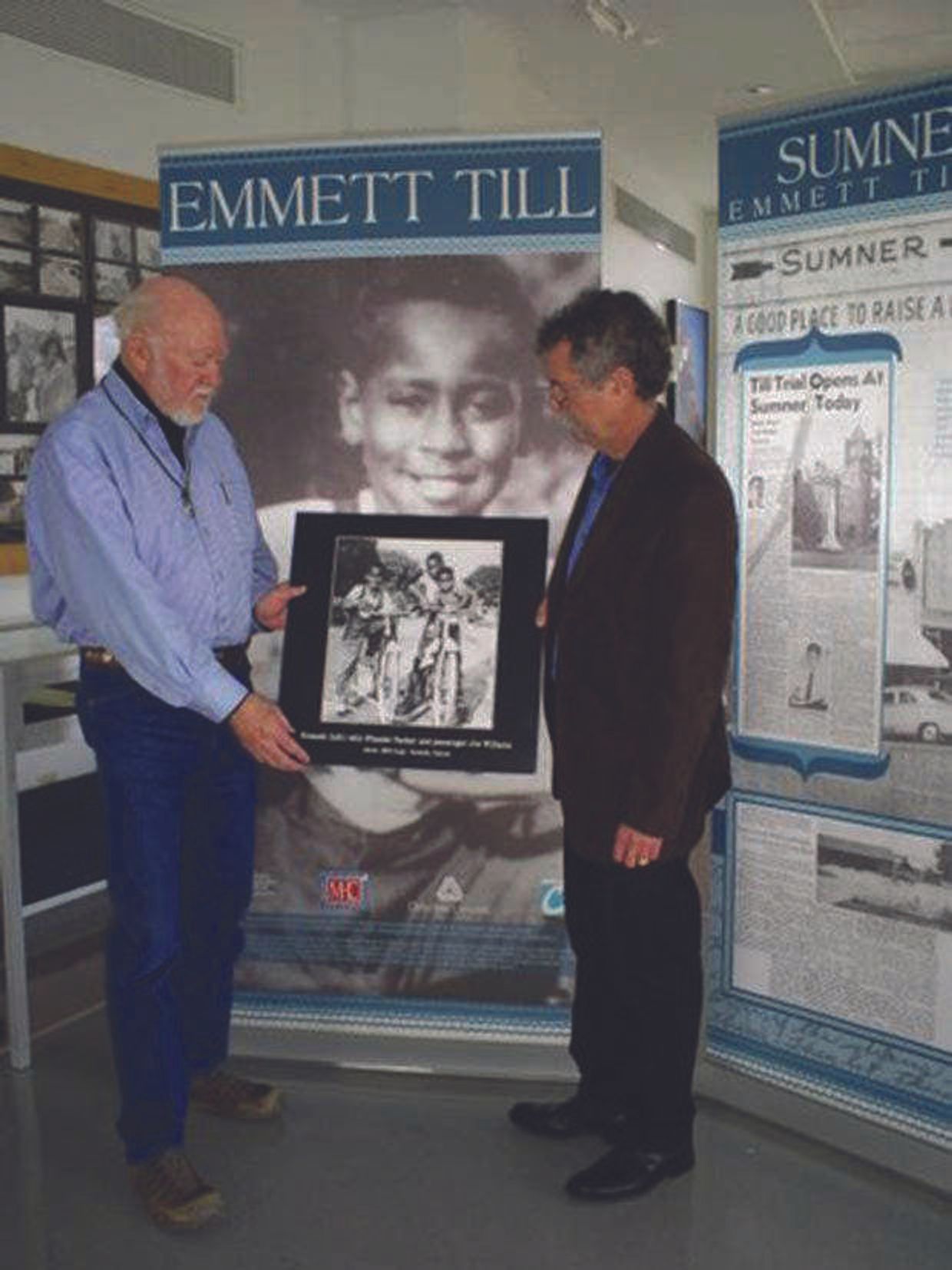
Over the course of the interviews, Outlaw retrieved newspaper clippings, photographs, letters and various artifacts that came together to create the exhibition. Outlaw also met Wheeler Parker, a cousin of Till, who contributed photographs of Till as a child.
"That led to a good friendship with this person who was in the house with Emmett Till when the killers kidnapped him," Outlaw said.
Outlaw said one of the aspects of the case that intrigues him is how the story continues to evolve as he interviews more people.
"I think what fascinates me so much about it is how the story changes," Outlaw said. "I don't know much about history, but I'm learning a little bit about history and history's stories have developed a life of their own. You'll talk to one person, and they'll have a certain memory about an event, and you'll talk to another person who was in the vicinity and their story will be totally different."
Outlaw plans to discuss the relationship between "To Kill a Mockingbird" and the Tom Robinson case and the trial and murder of Till during the lecture.
"One night when I was working on the oral history, and I had just met Gerald Chatham and he had told me about his dad, and I woke up in the middle of the night in a sweat," Outlaw said. "I woke my wife up and said 'I think I've just found Atticus Finch.' And when I told her that she said 'Why?' I said 'There's a lot of interesting parallels the Emmett Till case and the fictional trial of Tom Robinson.'"
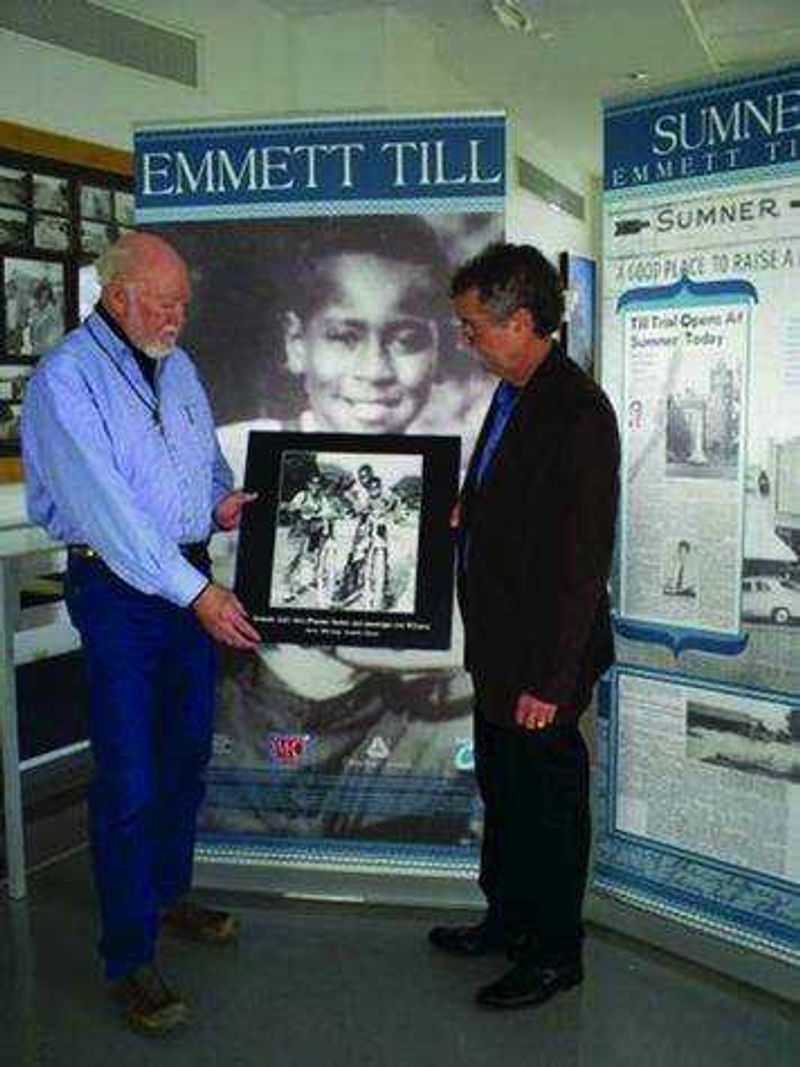
Outlaw also will discuss the case in relation to William Faulkner and his views on civil rights.
"It's like Sandy Hook," said Dr. Robert Hamblin, the director of the Center for Faulkner Studies, referring to the Sandy Hook Elementary school shooting that happened in December. "We've had gun violence before, but the outrage now seems greater because there are children involved. And I think that's the effect that this Emmett Till case had on Faulkner."
Hamblin hopes the lecture will give students a better understanding of the case and also how it relates to Faulkner and his views on race.
"When he deals with race, he describes the world that is, not the one that he wishes would be," Hamblin said.
Outlaw also hopes that his speech will help students understand the link between Till and the Civil Rights Movement and how his murder sparked this movement.
"When they asked Rosa Parks why she would not give up her seat on the bus in Montgomery, you know what she said? She said 'I thought of Emmett Till, and I couldn't do that,'" Outlaw said.
The Emmett Till lecture and exhibition will be held at 4 p.m. Tuesday in Crisp Hall.
